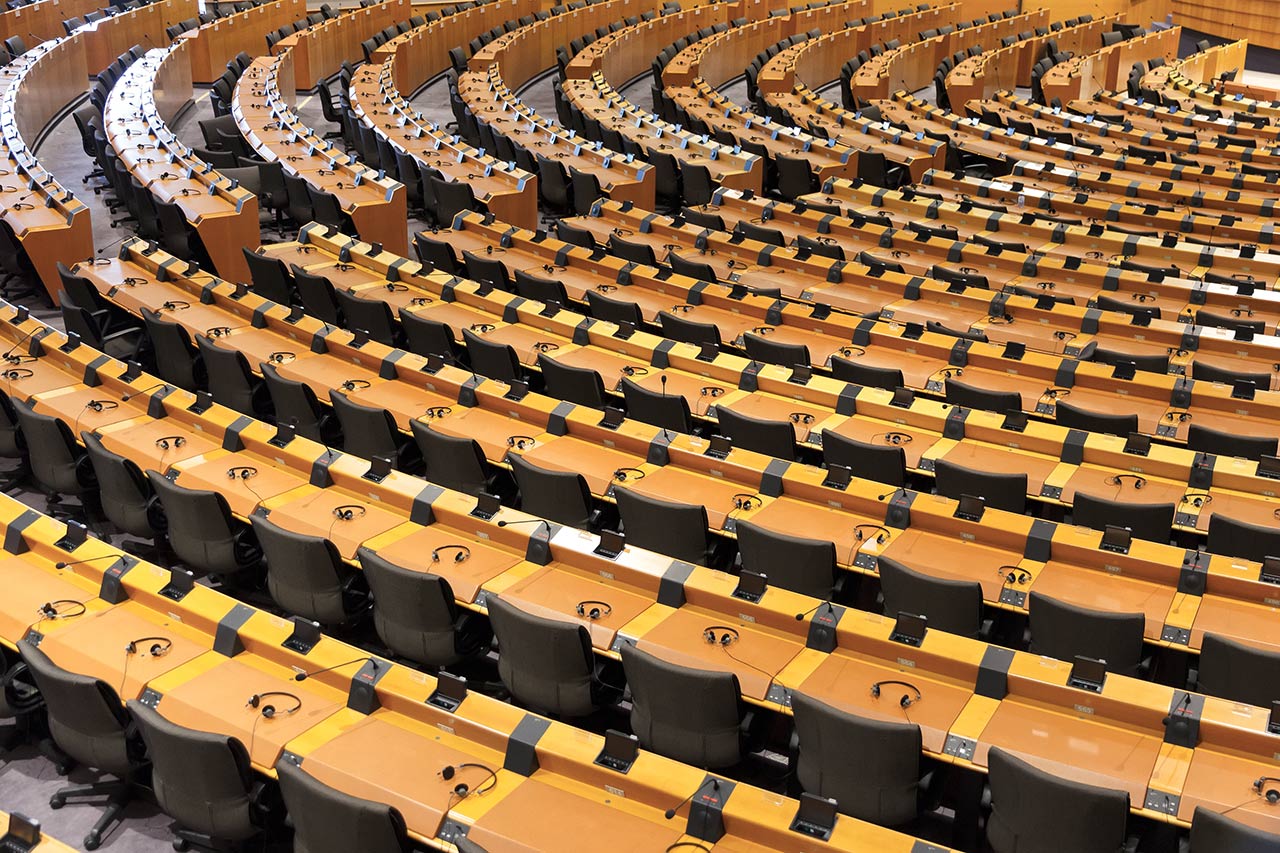Positive Impacts of the British Empire
A short answer detailing the positive impacts of the British Empire.
Question
How did the British Empire bring positive changes to one quarter of the world?
Answer
Although colonialism is largely viewed as a negative force in history, giving rise to political strife which is ongoing in some cases as well as the loss of traditions amongst other things, some positive changes did emerge out of the imposition of colonial rule. For example, the British perceived improved systems of health and education as preconditions for defending the Empire abroad, ensuring that essential skills were passed on to the colonies and also that the health of the people was optimised as far as possible (Grossekettler, 2005). In effect, the establishment of effective systems to improve the quality of life of some of those colonised did provide a foundation on which they could build towards a better future. In addition, there were improvements to science, technology and infrastructure in many of the colonies. For example, India benefitted from the introduction of a new centralised system of science that incorporated new scientific methods and technologies that ultimately served to bring about a diffusion of knowledge and a degree of independence for the colony in terms of research and the implementation of systems of communication (Peers & Gooptu, 2012). In some cases, the British Empire proved to be a stabilising force as well, providing the modernising norms of law, order and governance in the colonies and emphasising the expectation of justice for all (Ferguson, 2012). Of course, the extent to which this was available to everyone is subject to ongoing debate and the imposition of the Western brand of civilisation on the African states, amongst others, was often barbaric. However, the idea that individuals may have a minimum expectation of law and governance was certainly carried around the world by the Empire.
References
Ferguson, N., (2012). Empire: How Britain Made the Modern World. London: Penguin.
Grossekettler, H., (2005). Social Insurance. In J. Backhaus & R. Wagner eds. Handbook of Public Finance. New York: Kluwer Publishers, pp. 323-384.
Peers, D. & Gooptu, N., (2012). India and the British Empire. Oxford: Oxford University Press.
